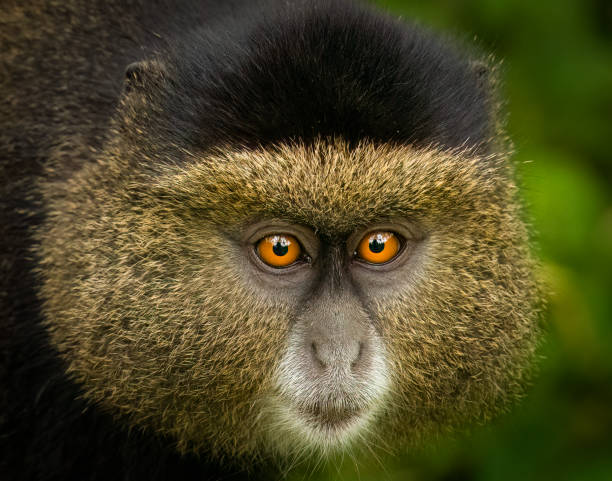Packages with cultural and traditional tours
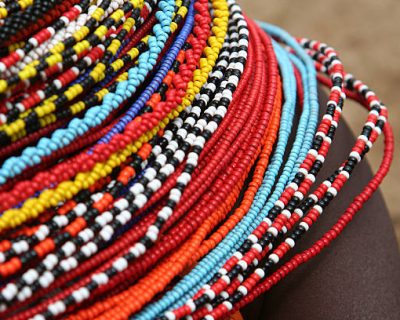
6 days Kenya cultural & wildlife safari
Masaai cultural tour, Africa's big 5, wildebeests migration, game drives, mtn. Kilimanjaro sightings, photography, bird watching, nature walks, hiking
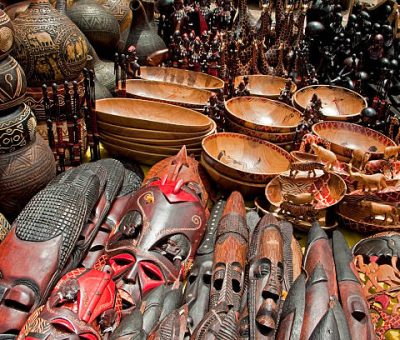
6 days Rwanda culture & wildlife safari
City tours & cultural performances, chimpanzee tracking, game drives, bird watching, canopy walks, butterflies, boat cruises, hiking
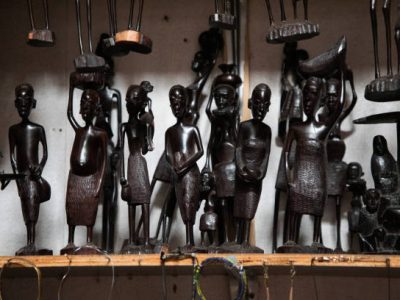
10 days Kenya- Tanzania safari
Traditional art & culture tour, Africa's big 5, crater lakes, bird watching, hiking, nature walks, Masai people fashion, game drives, hot air balloon tours

10 days Uganda cultural & primates safari
City tours, cultural dances & performances, gorilla trekking, chimpanzee tracking, game drives, walking safari (rhino tracking), bird watching, boat cruise
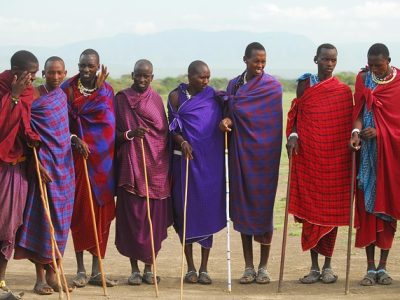
5 days Tanzania culture & wildlife safari
Masaai culture tours, safari game drives, flamingos & bird watching, mtn. Kilimanjaro sceneries, hiking, air balloon tours, crater lakes, walking tours

7-day Uganda Murchison falls, R. Nile & culture tours
Culture tour, shoebills, chimpanzee tracking, Bungee jumping, water rafting, rhino tracking (walking tours), bird watching, game drives
